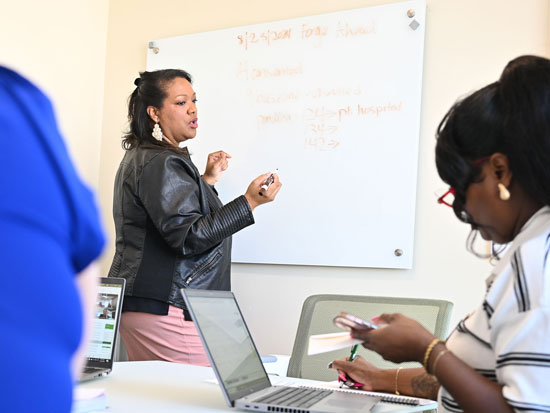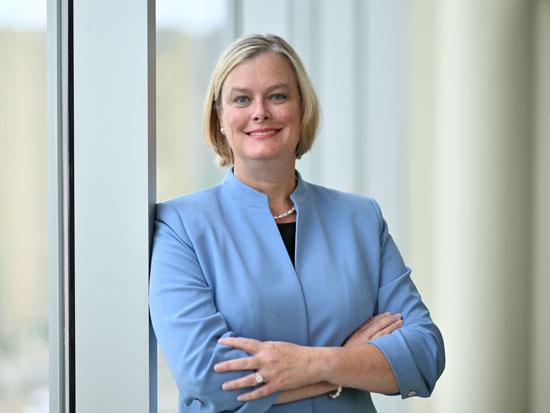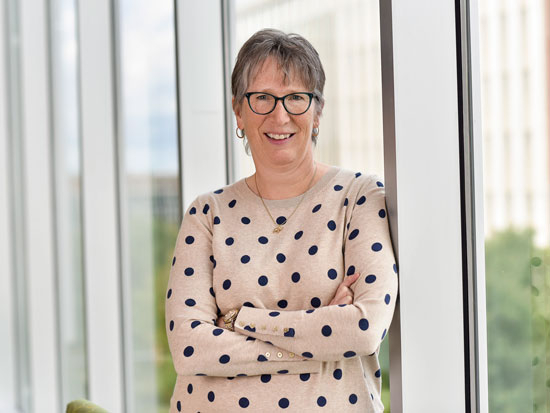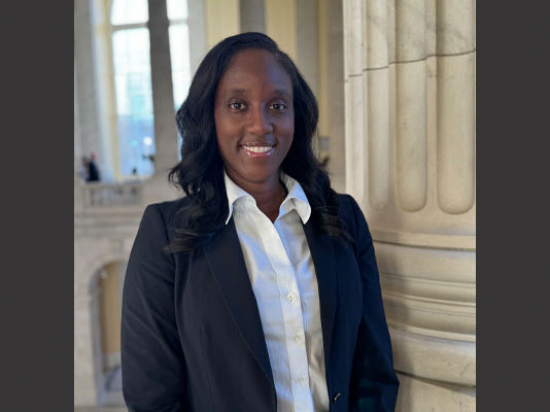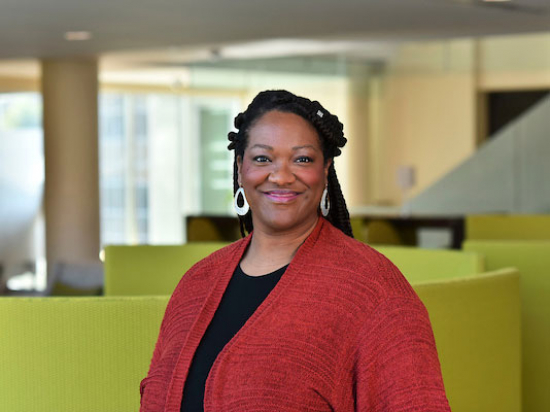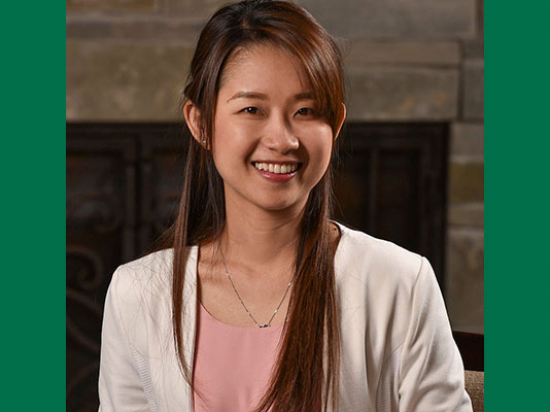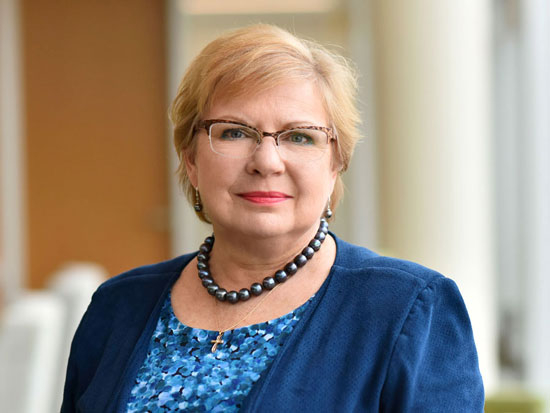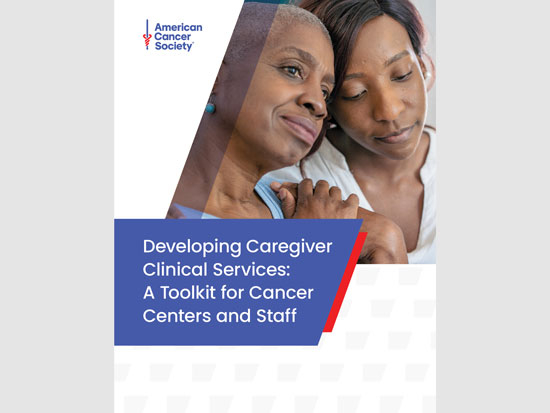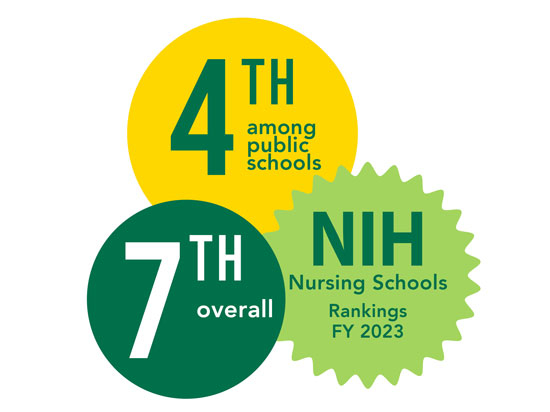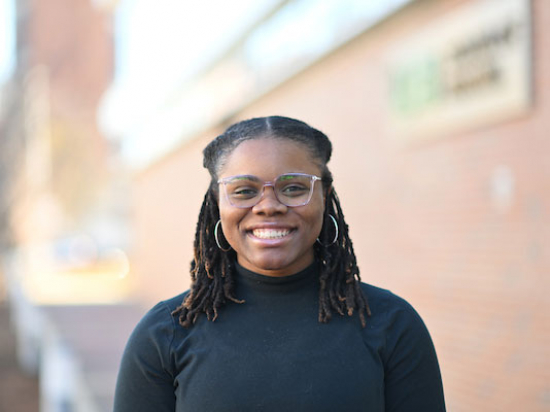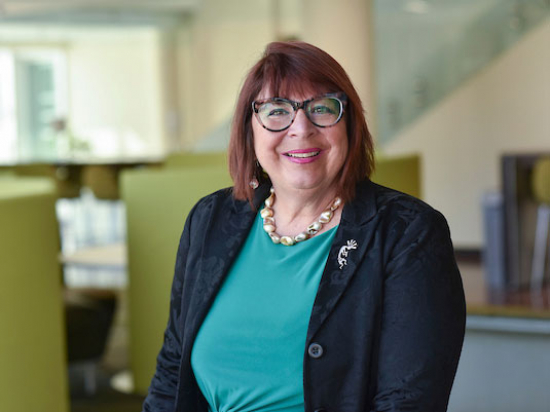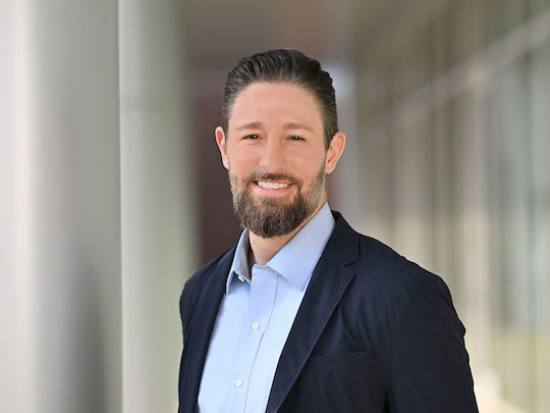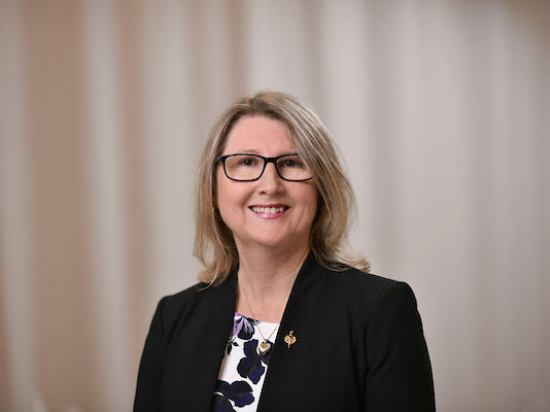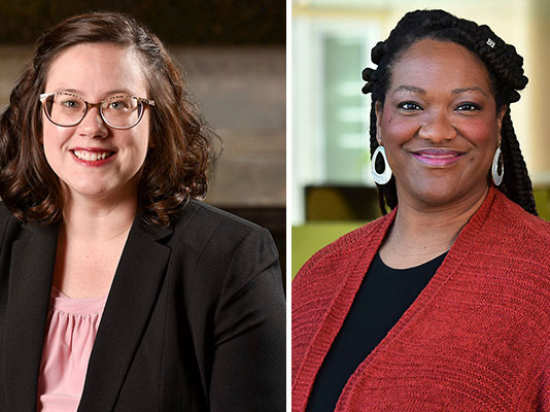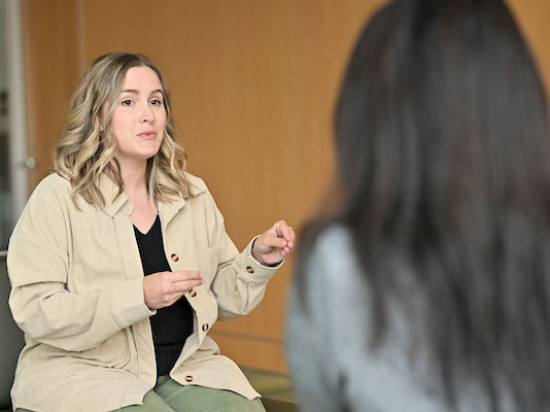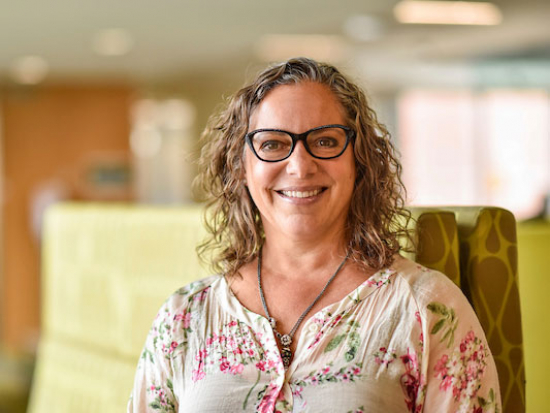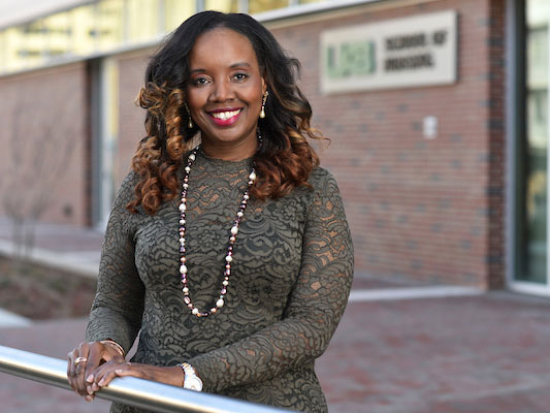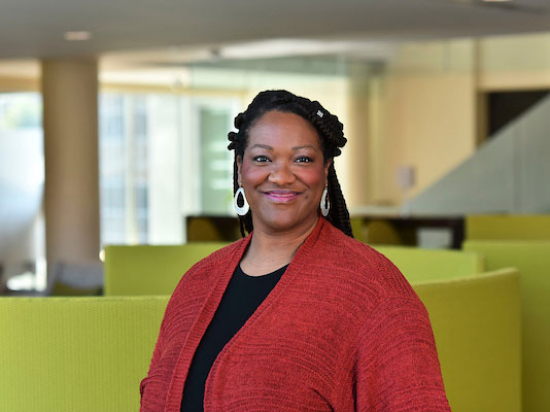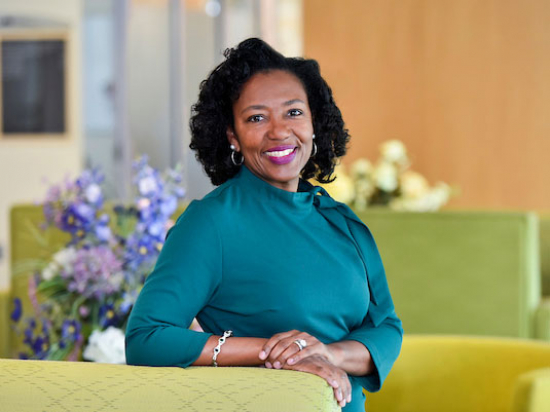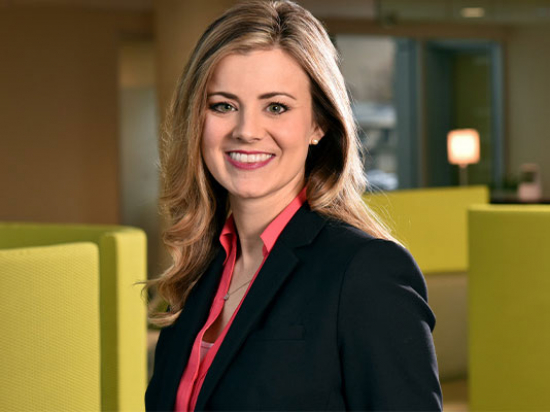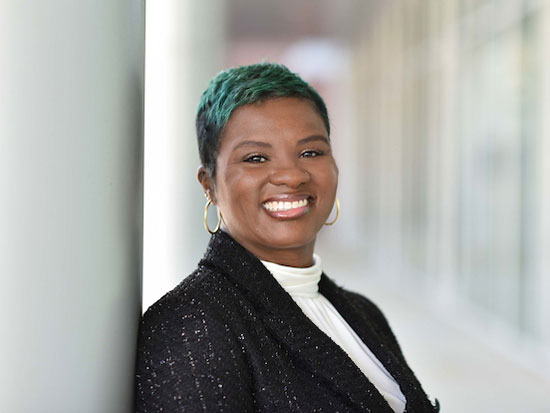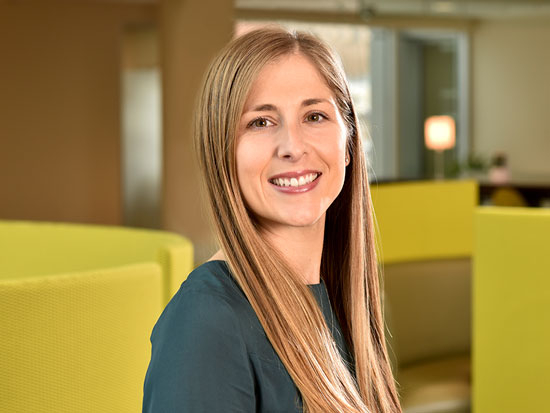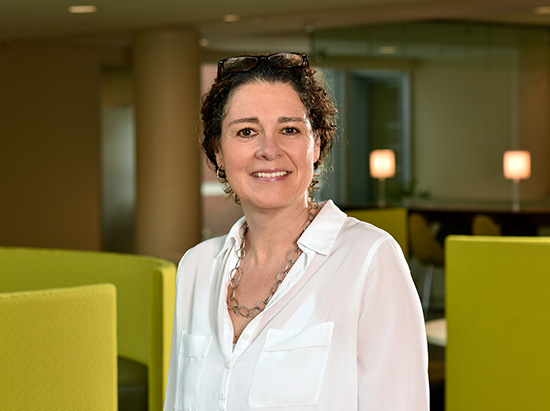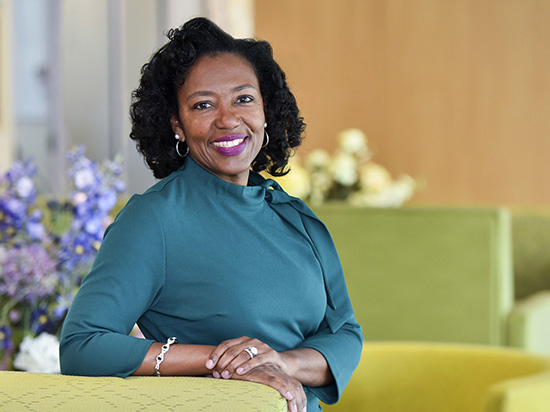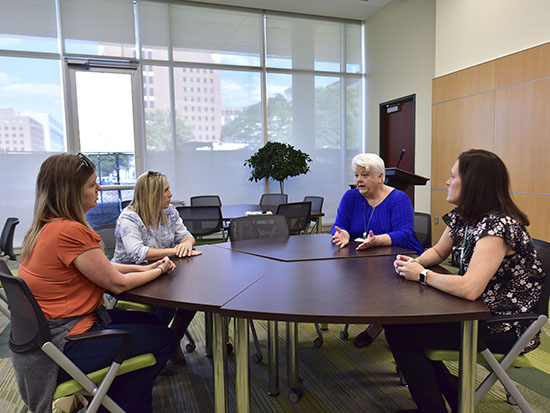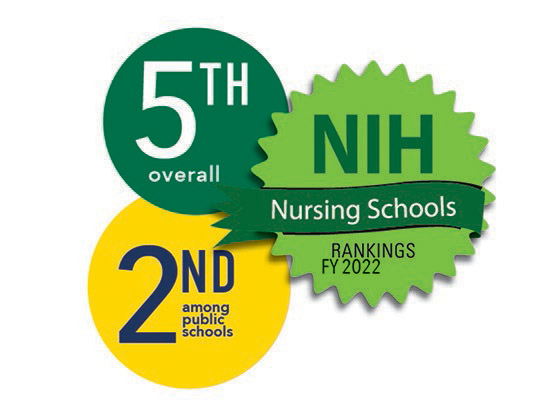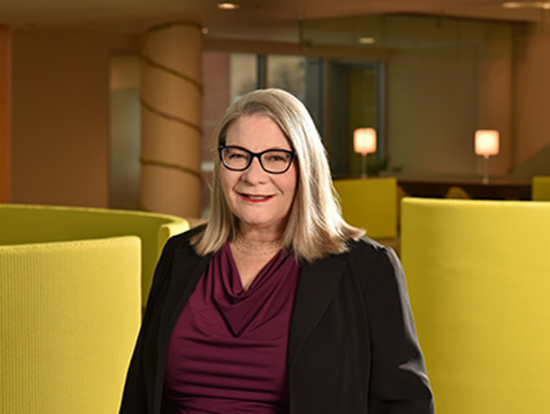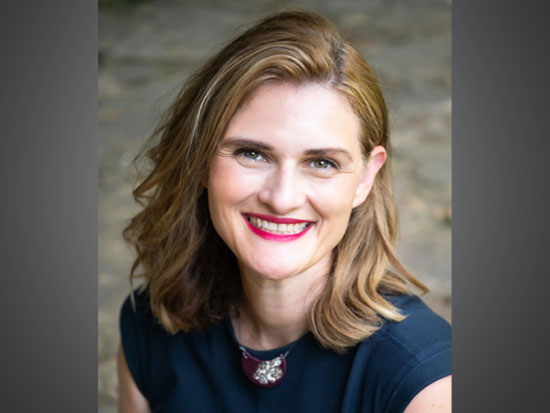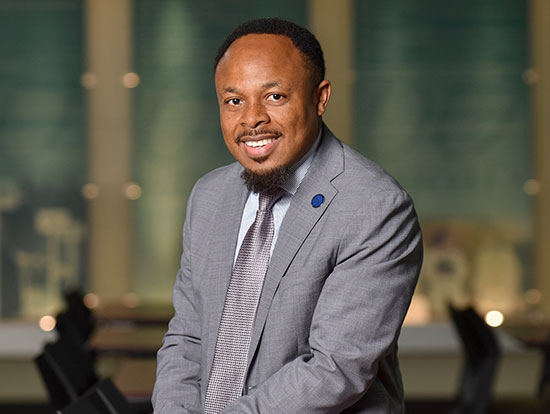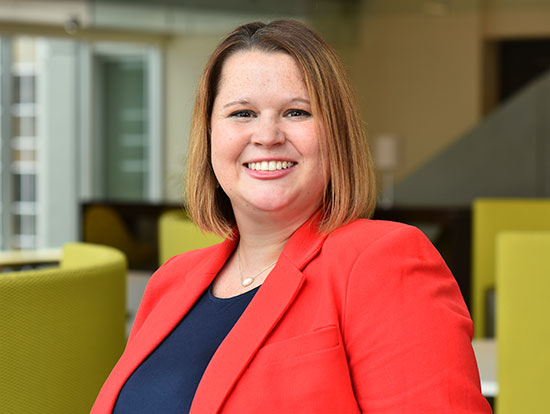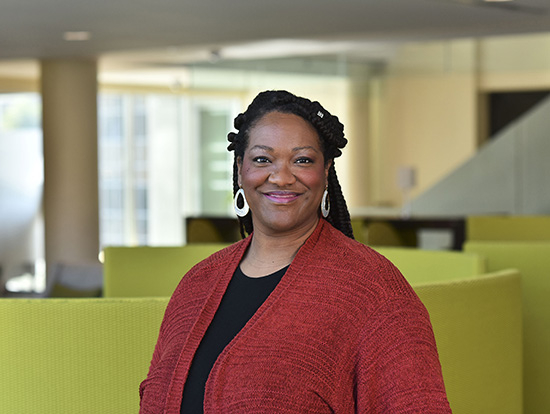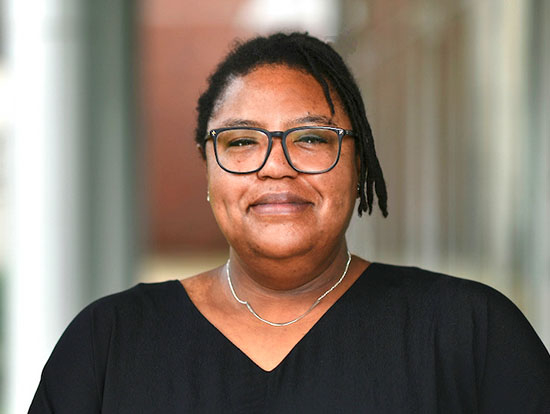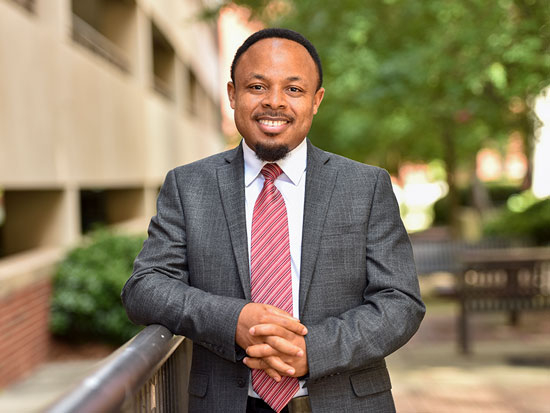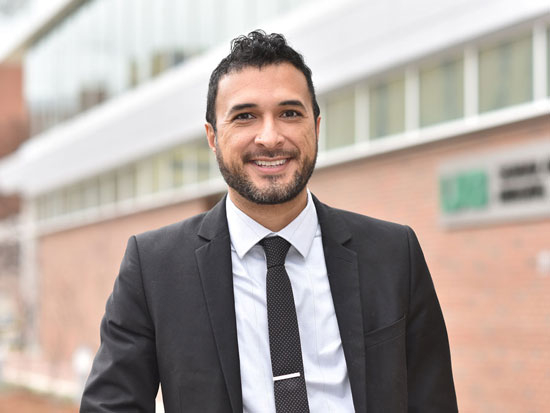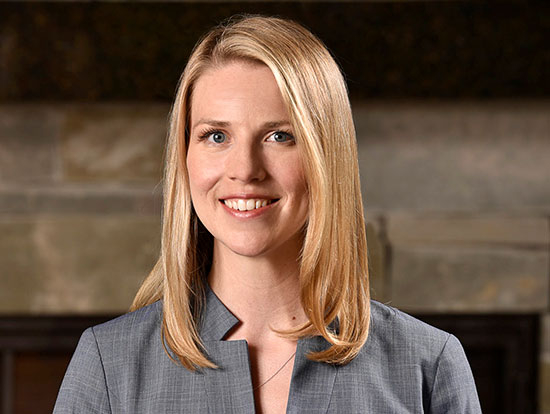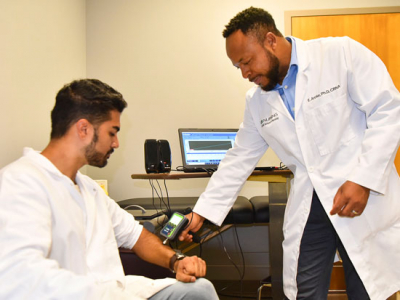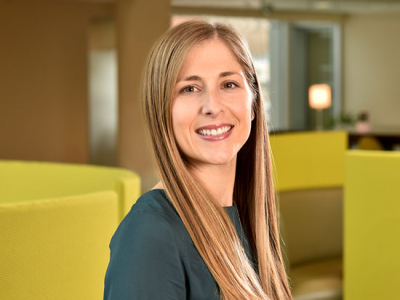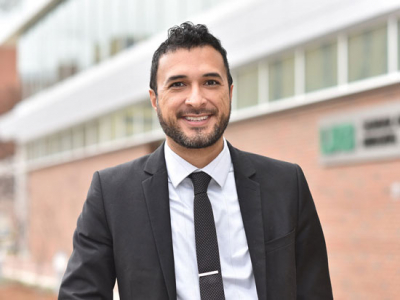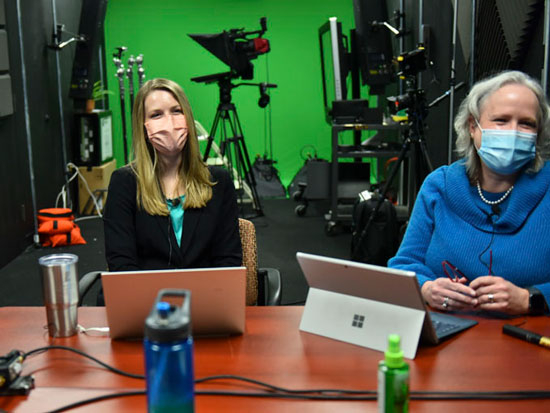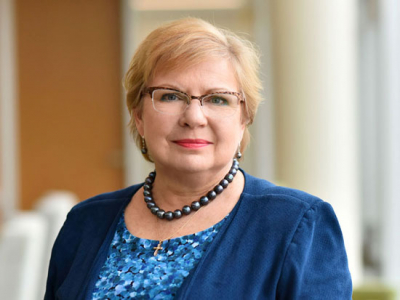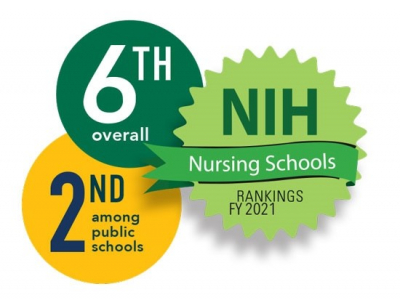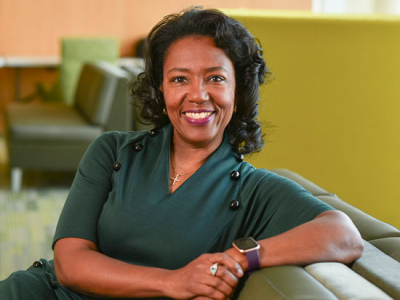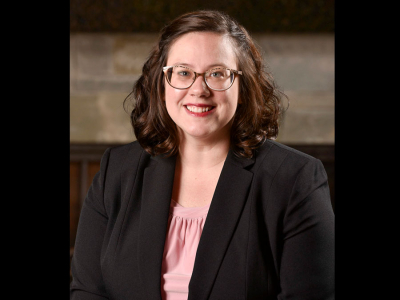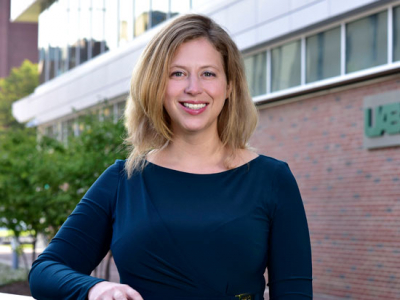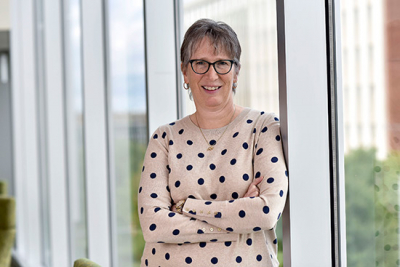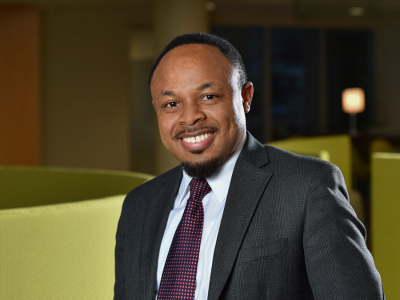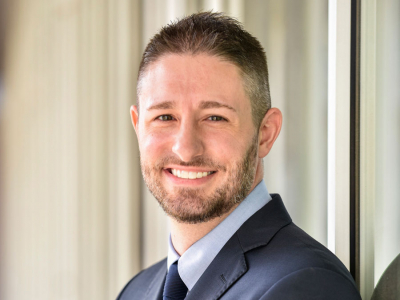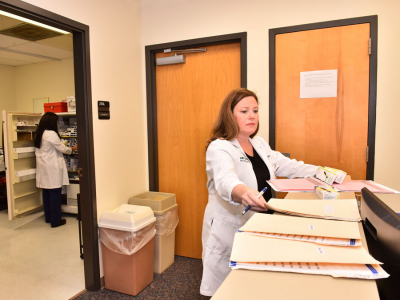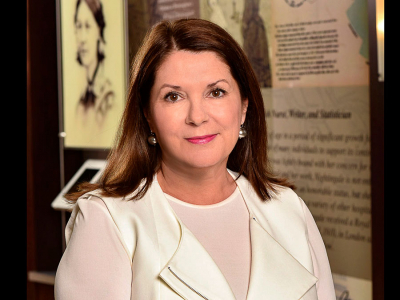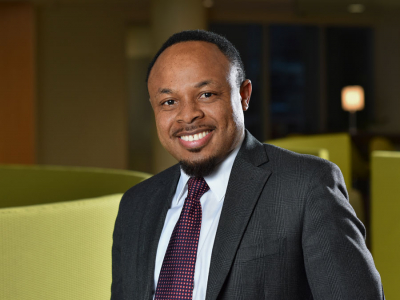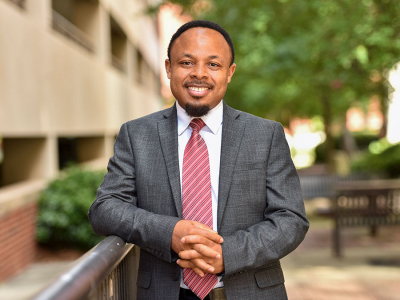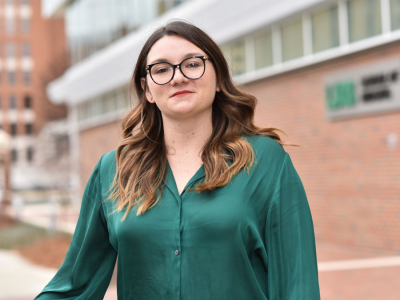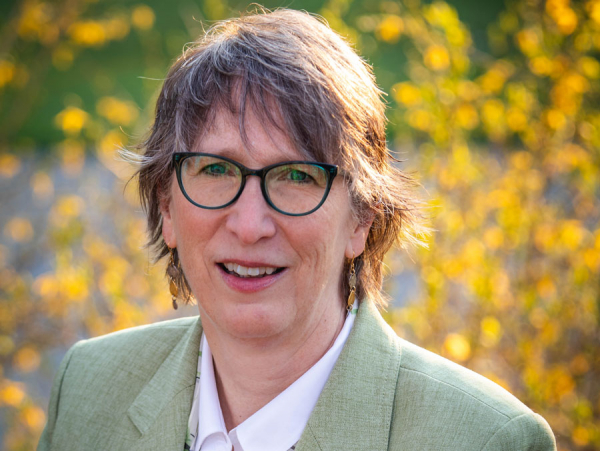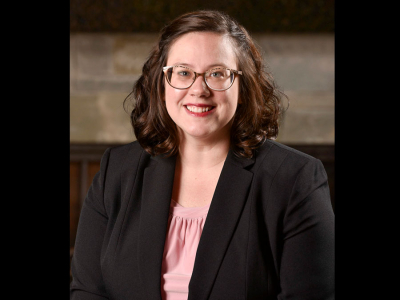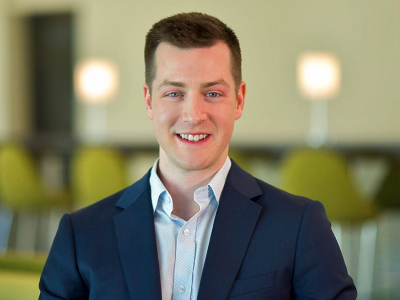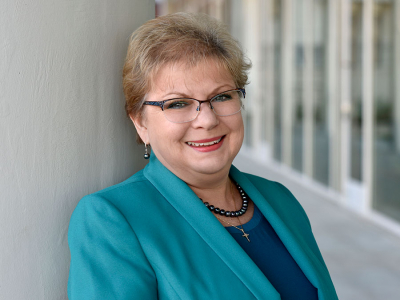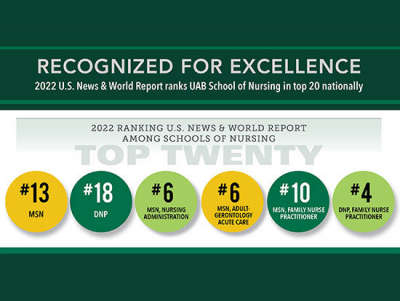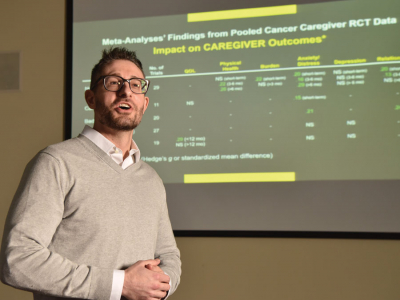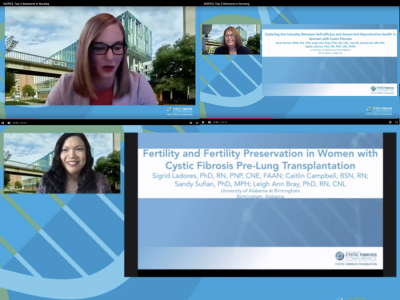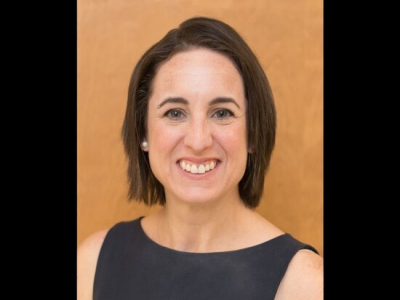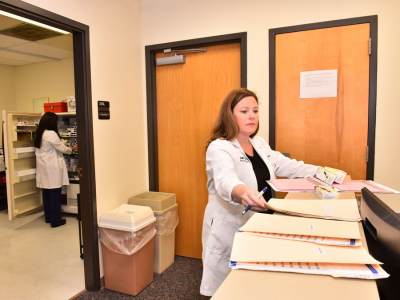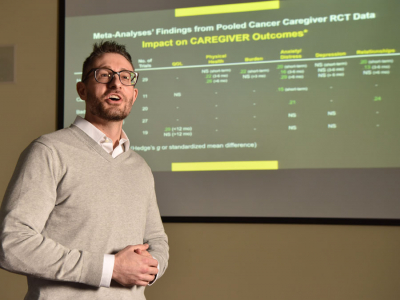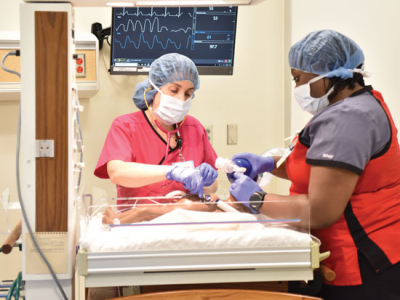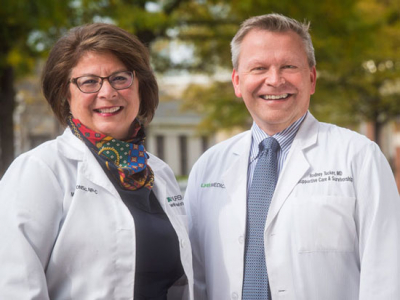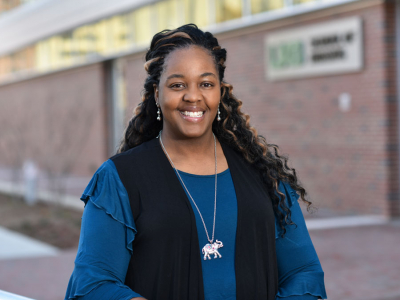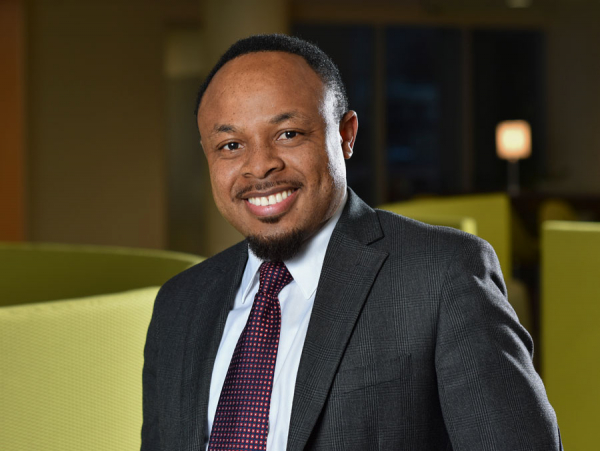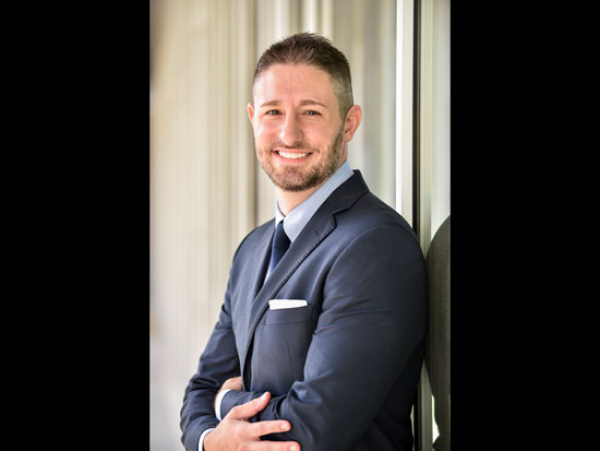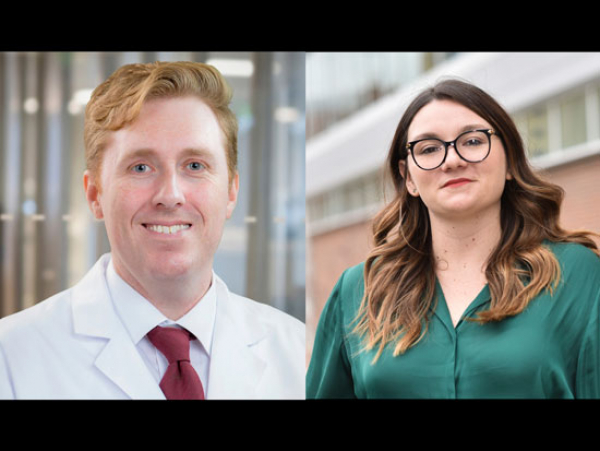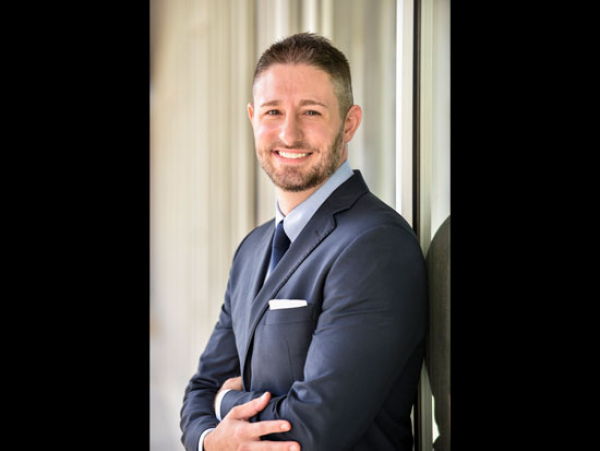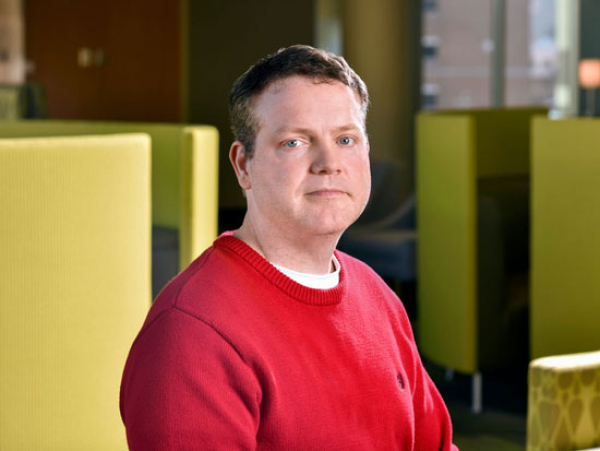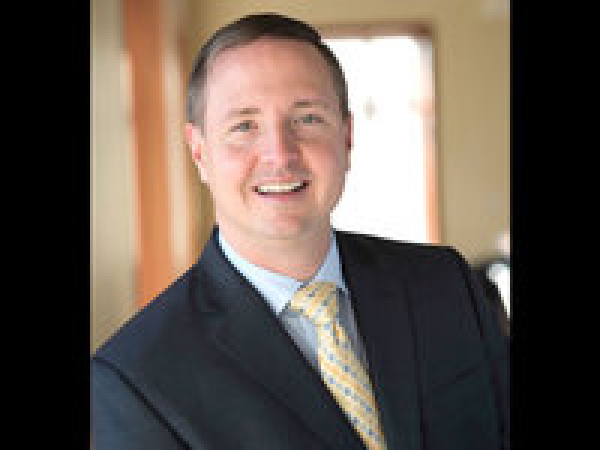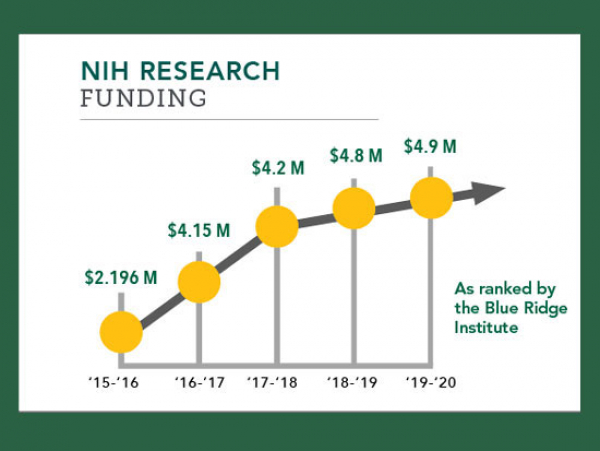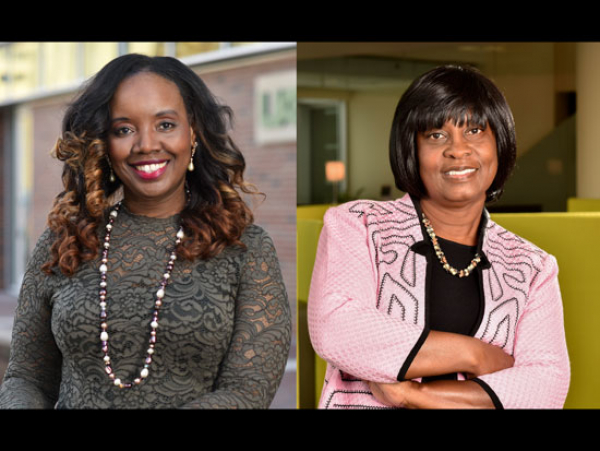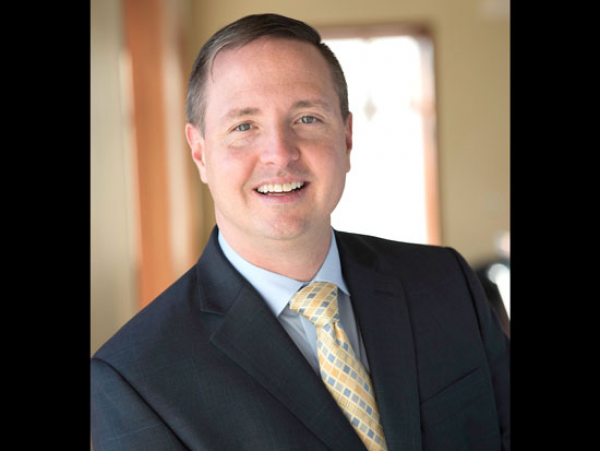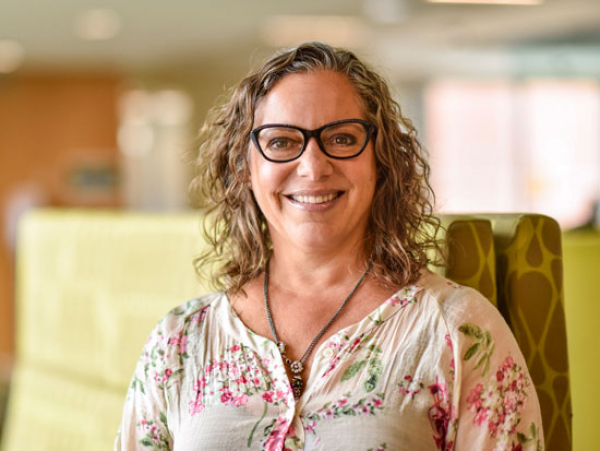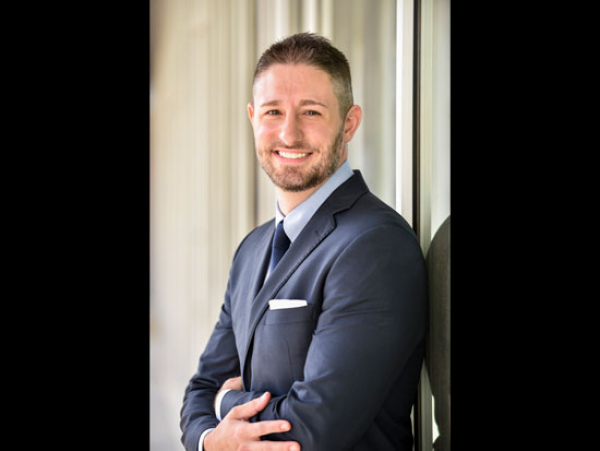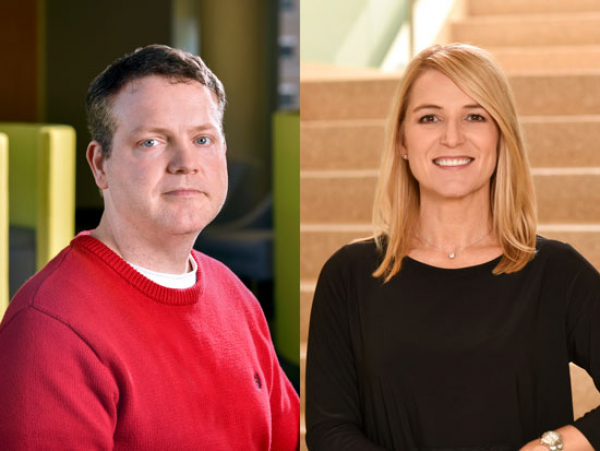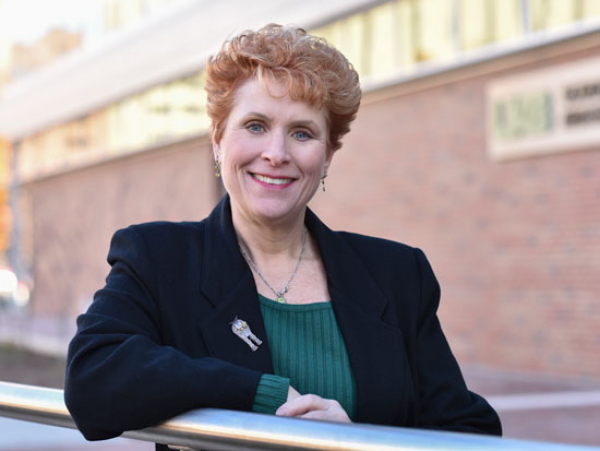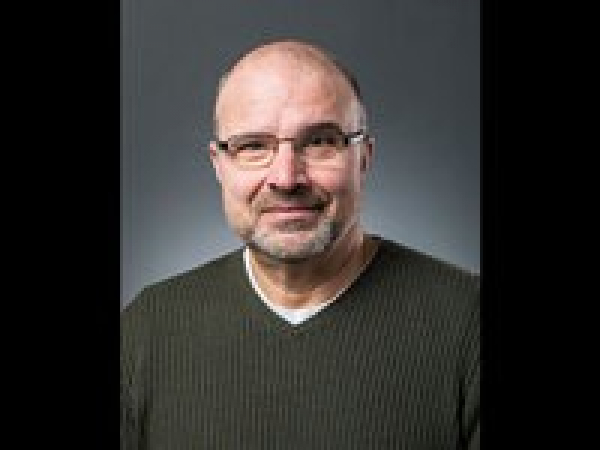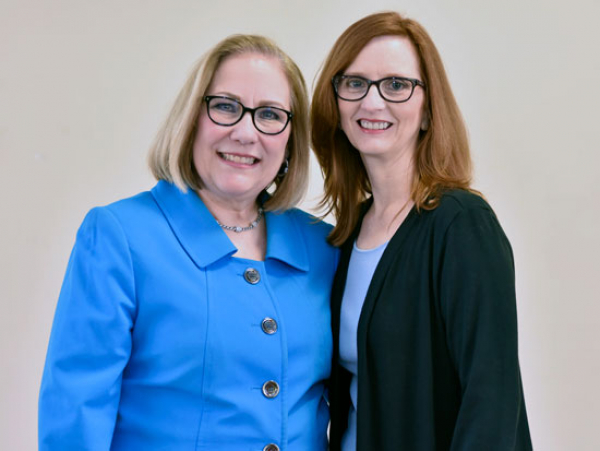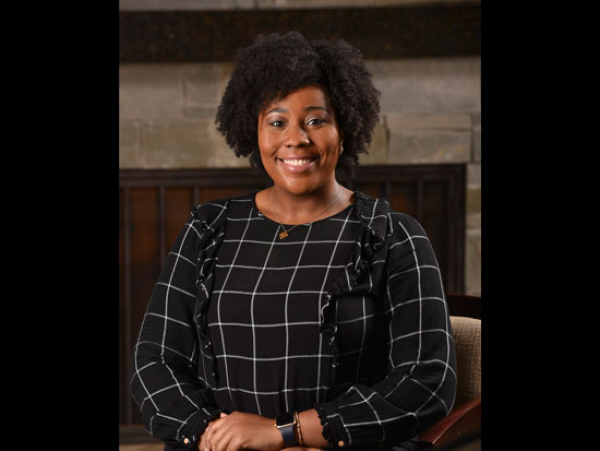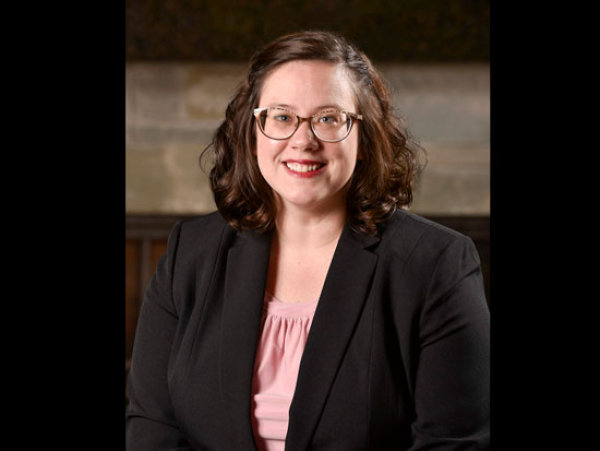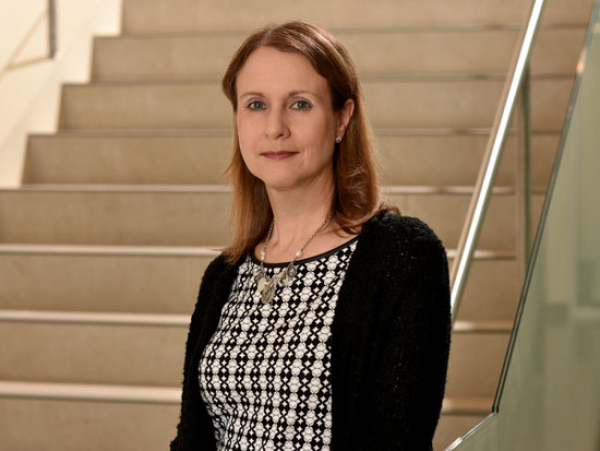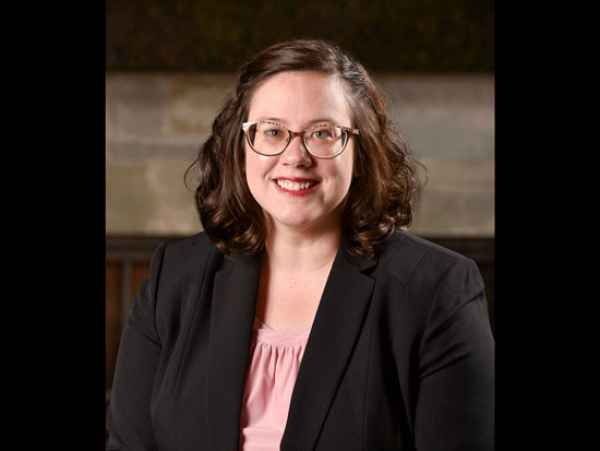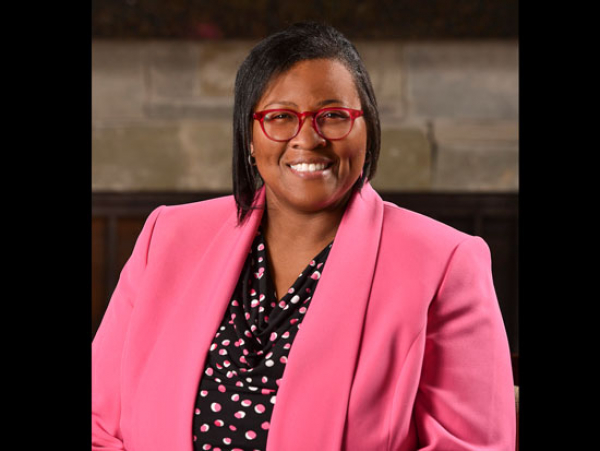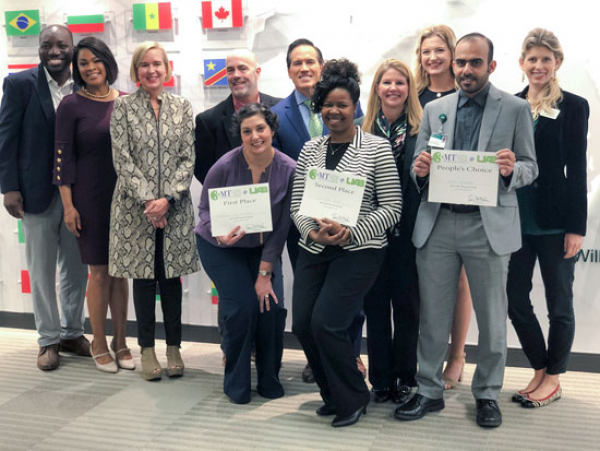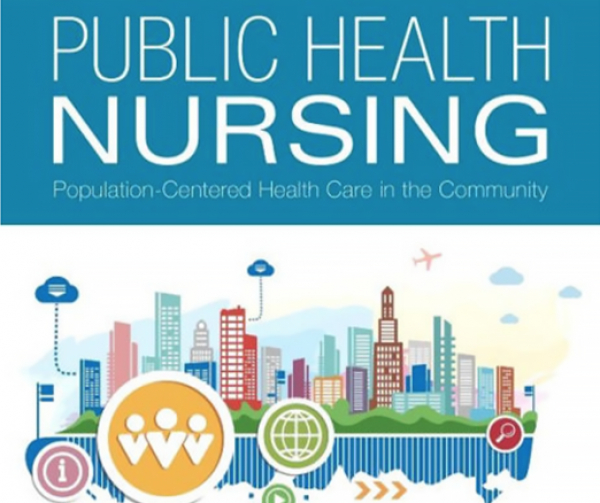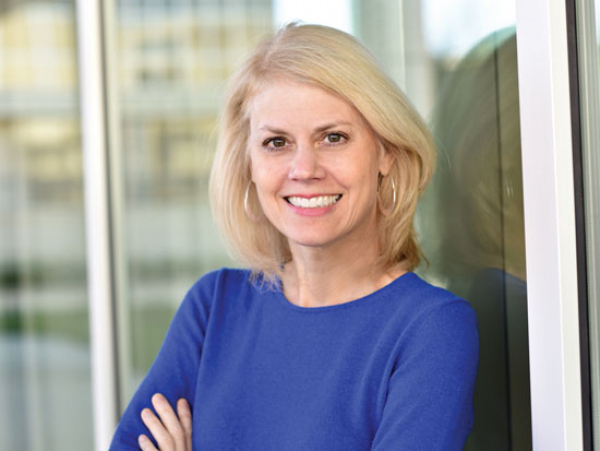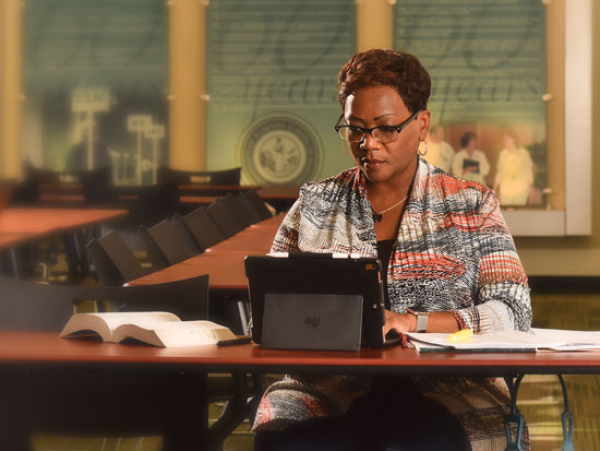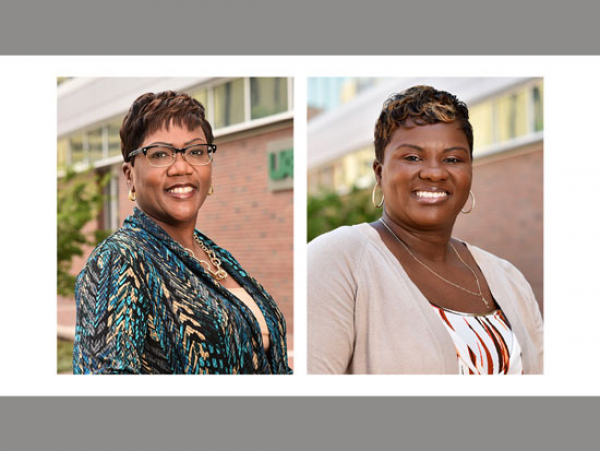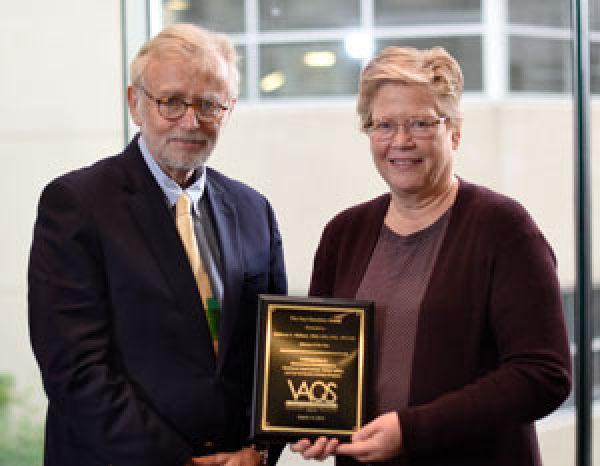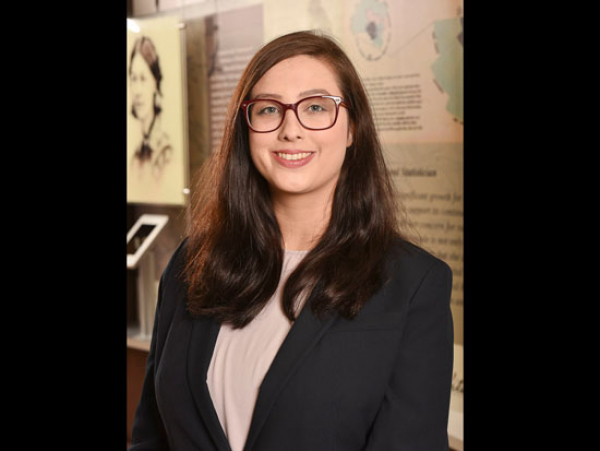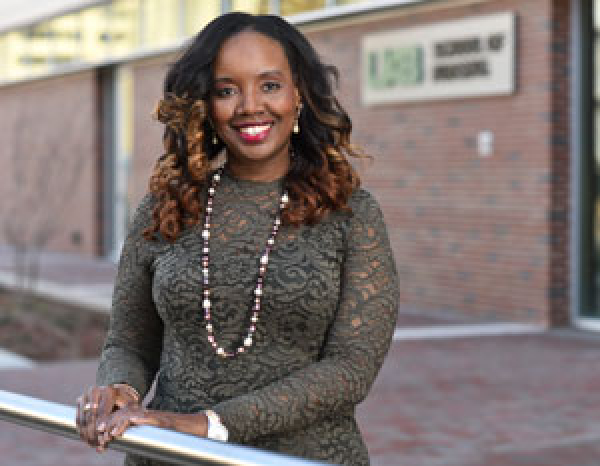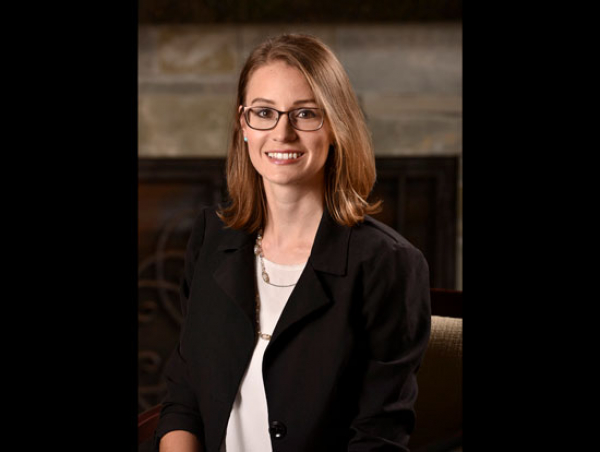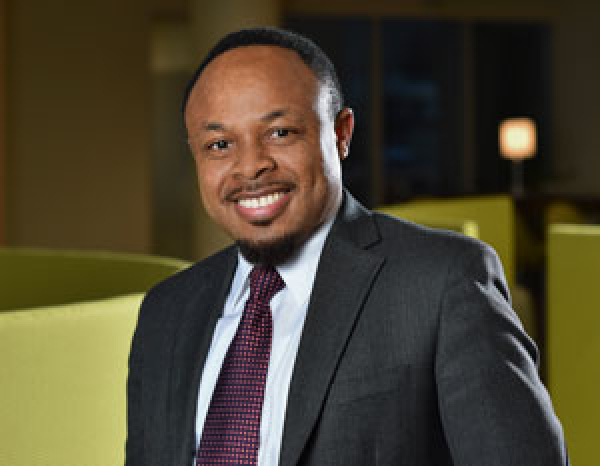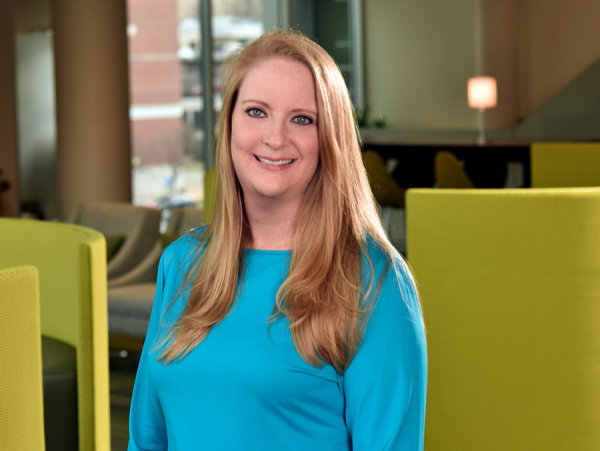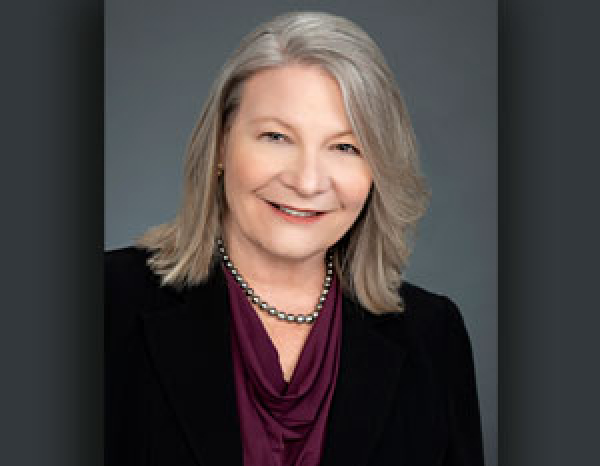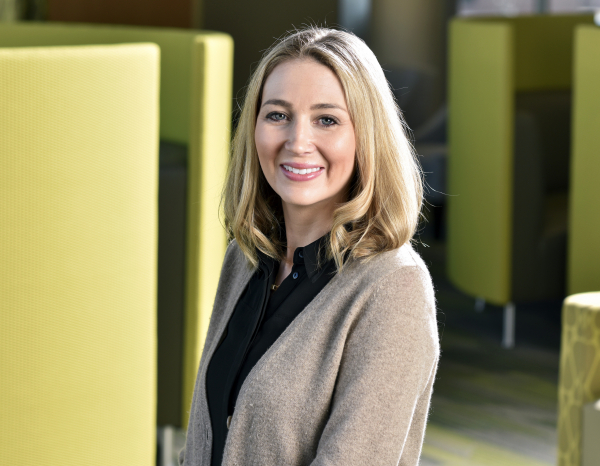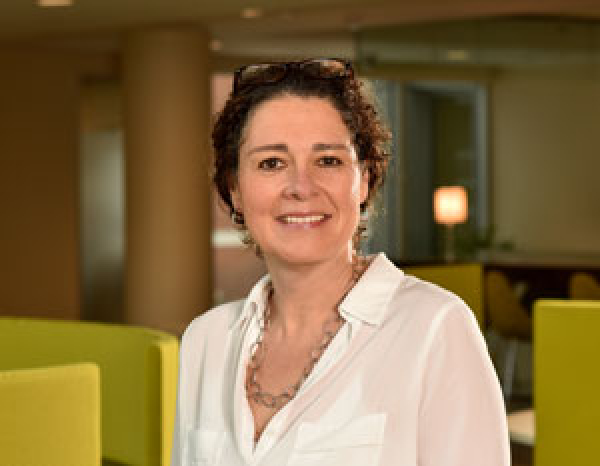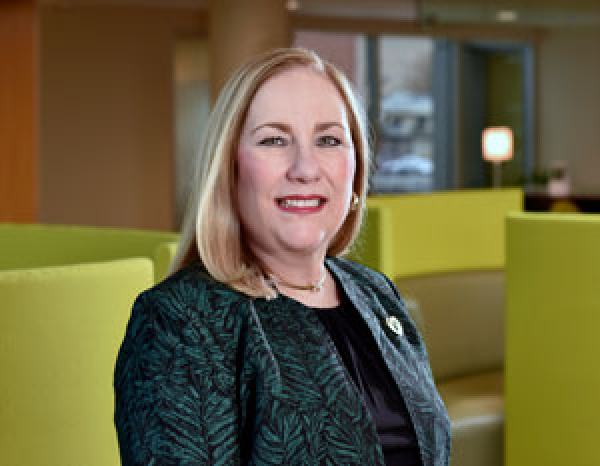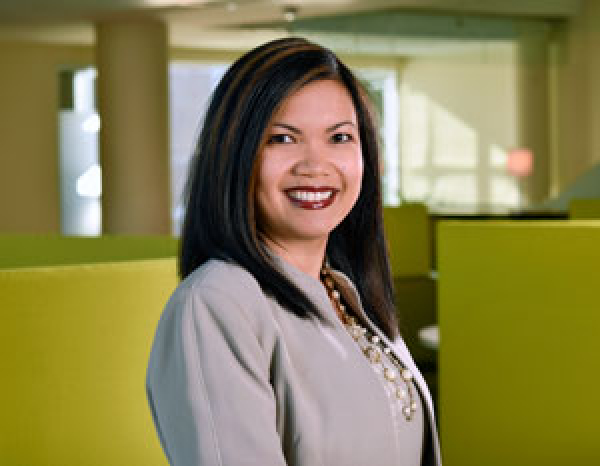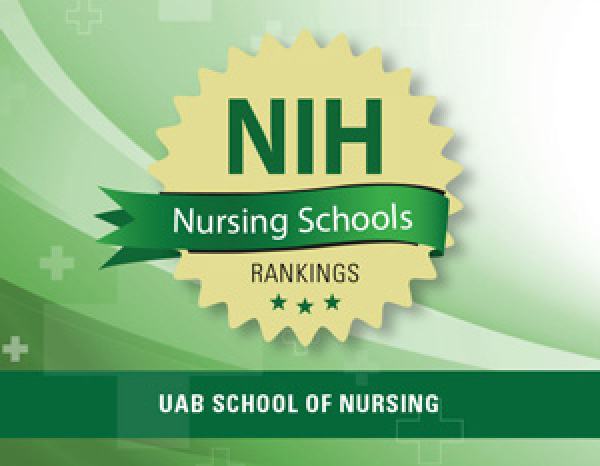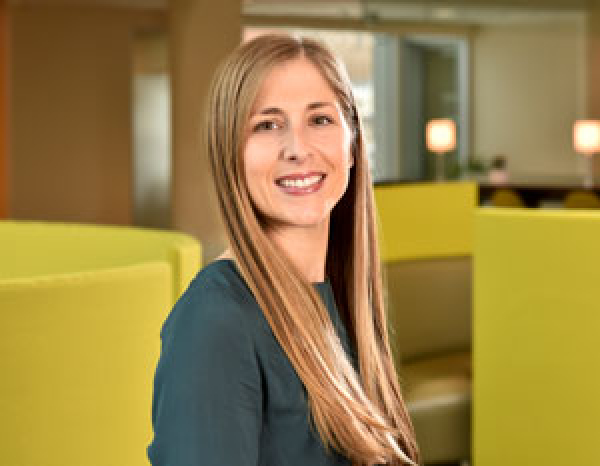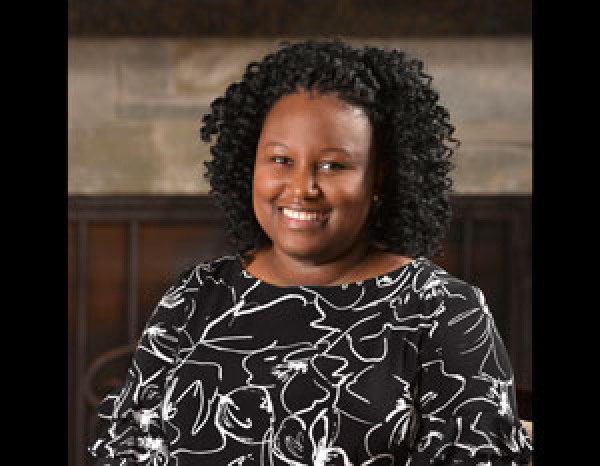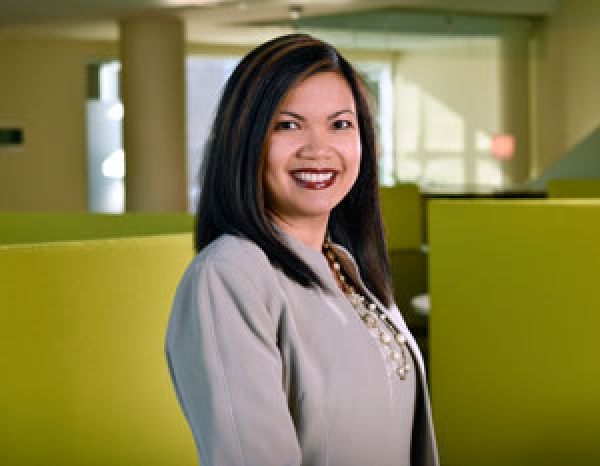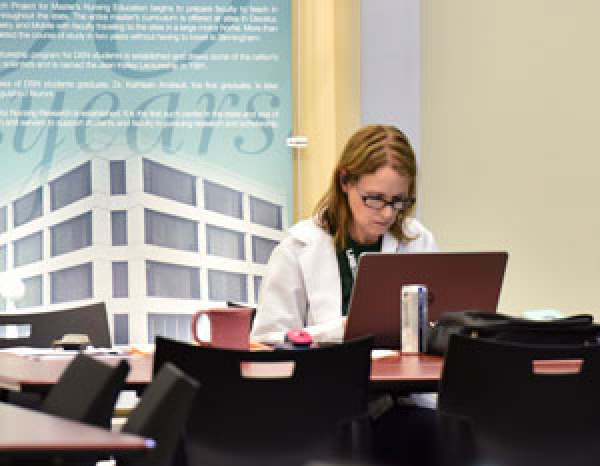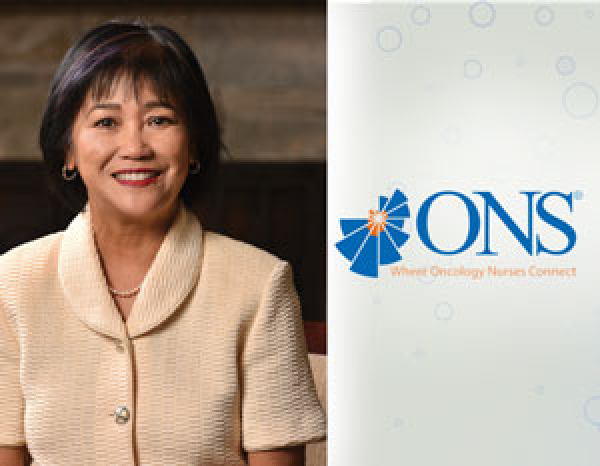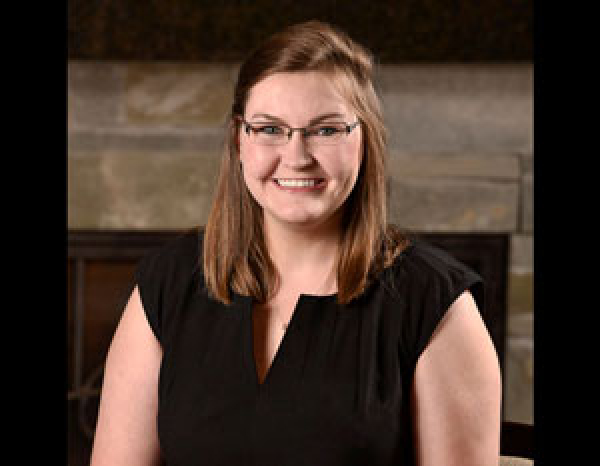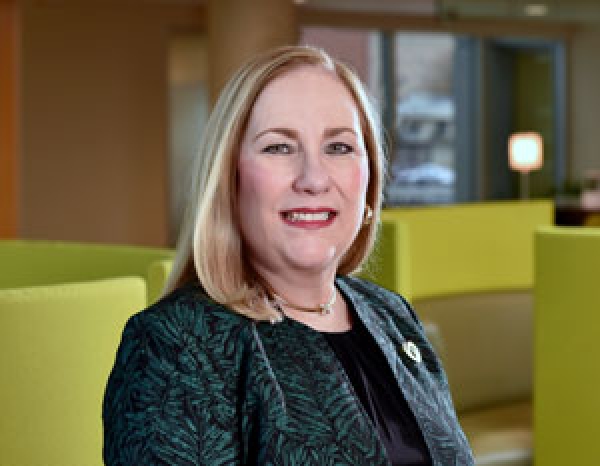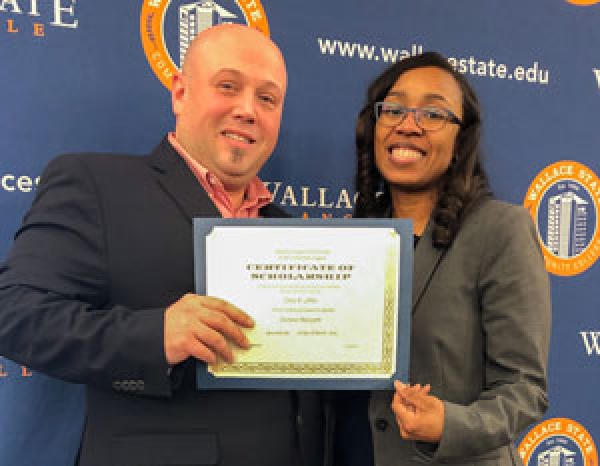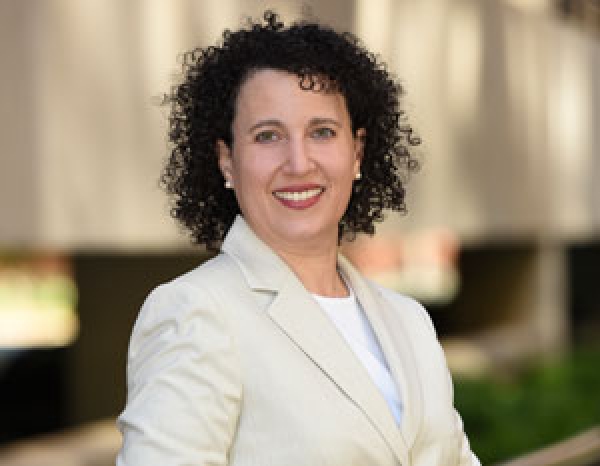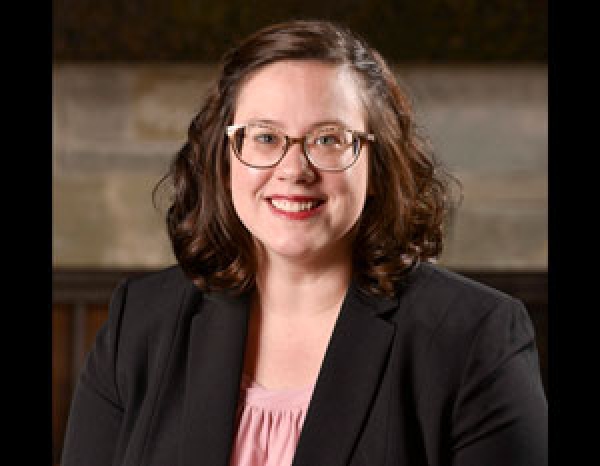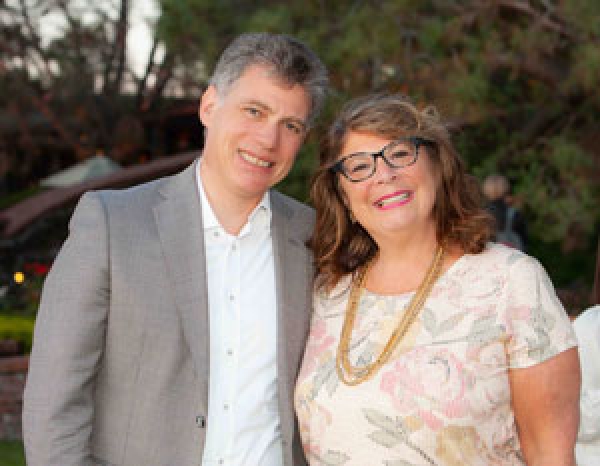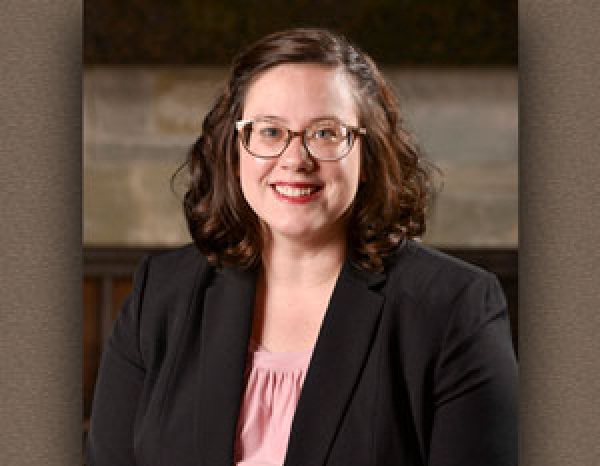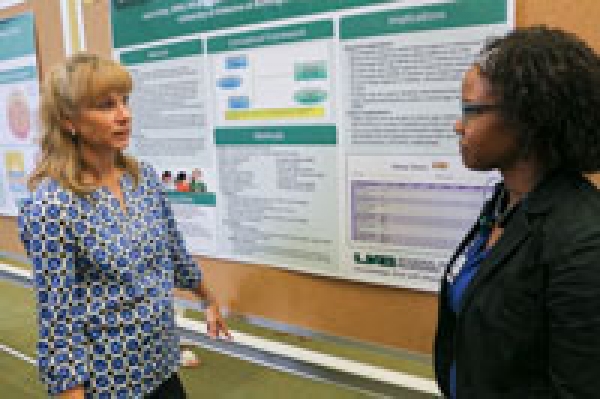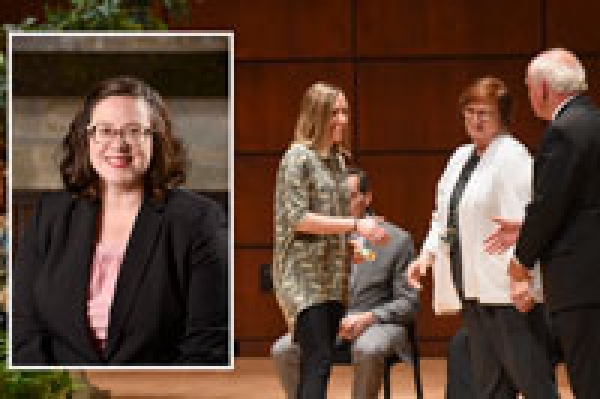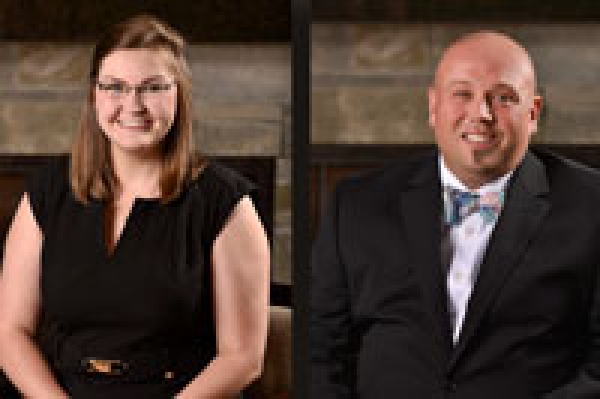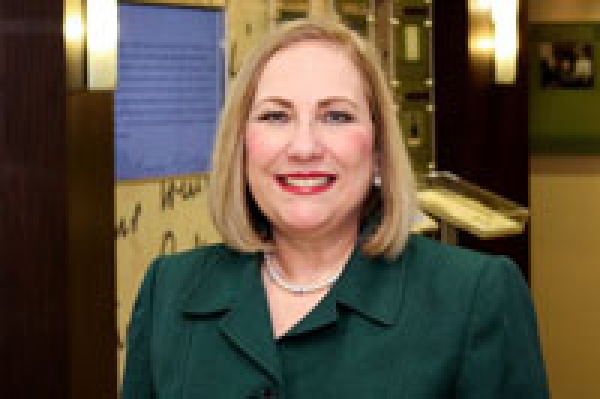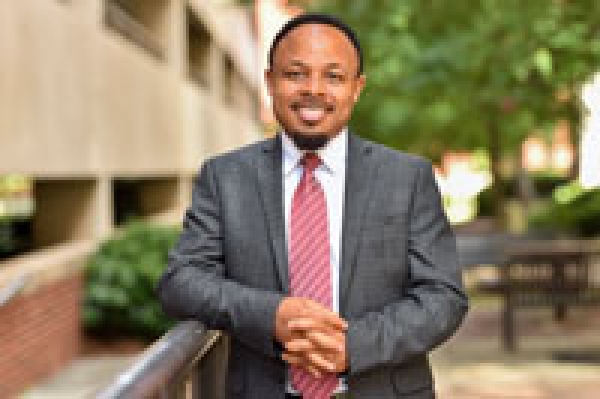
By Erica Techo
Infectious disease expert Jason E. Farley, PhD, MPH, ANP-BC, FAAN, FAANP, AACRN, Johns Hopkins University Schools of Nursing and Medicine Professor and Program Director, delivered the 29th annual and first-ever virtual Jean Kelley Lecture on June 10, 2020, centering on three main topics — linkage, access and engagement — which run central to much of his research in infectious disease and transmission.
Through linkage, he discussed evaluating how to improve patient connection from the point of diagnosis to and through treatment; access discussed the importance of improving access to care across populations through a nurse-led model; and engagement centered on keeping patients involved in their care.
Every year, the Jean A. Kelley Endowed Lecture welcomes to campus a speaker who exemplifies the Dr. Kelley’s dedication to education and excellence. While the Jean A. Kelley Lecture was not on campus this year, it drew nearly 200 participants and continued Dr. Kelley’s legacy of sharing the best of nursing science. Farley's lecture was enititled “Bridging the Great Divide: Models to Engage People Across the Infectious Disease Care Cascade.”
“This year’s Jean Kelley Lecture was already set to be a historic one, as it was the first lecture to take place in a virtual setting,” said Dean and Fay B. Ireland Endowed Chair in Nursing Doreen C. Harper, PhD, RN, FAAN. “The timeliness of Dr. Farley’s lecture and its connection between known infectious diseases and the ongoing challenges of COVID-19 offered a great insight into our ongoing health crisis, and it emphasized the importance of nursing and research in health care.”
Lecture attendees included doctoral students, former and current faculty, Board of Visitors members and other guests, as Farley’s address kicked off a day dedicated to the education of doctoral students through a doctoral intensive, presentations and networking.
Farley discussed how through nurse-led models of care in South Africa and China, he and his teams have worked to better understand infectious disease outbreaks, connect patients to care and continue follow-up for overall community health.
In addition to several studies regarding infectious disease on an international scale, Farley is also working on “C-FORWARD: Community collaboration to combat COVID-19.” This population-based investigation works to understand the true burden of COVID-19, characterize ongoing transmission risks and to measure social, economic and health impacts, as well as prevention strategies.
Centered in Baltimore City, C-FORWARD aims to take into account disparities and make sure that findings are applicable across populations.
“There are so many biases to the convenient sampling approaches that are being implemented, so we really wanted to take a robust methodological approach,” Farley said.
Following his lecture, Farley addressed many audience questions, including the challenges of pivoting from SARS or Tuberculosis research to the ongoing COVID-19 pandemic, overcoming public resistance to research or models of care, and improving overall health.
Farley earned his Bachelor’s in Science in Nursing from the University of Alabama Capstone College of Nursing and his Master of Public Health in Epidemiology from the UAB School of Public Health. As an infectious disease trained nurse epidemiologist and nurse practitioner, Farley’s research seeks to streamline care approaches in a way that optimizes navigation of treatment and engagement in care.
“My roots run deep in this state, and in addition to being honored to speak about my work and science, it’s an honor to give back in any way that I can to my home state,” said Farley, a Duncanville, Alabama native.
Farley especially enjoyed delivering the annual Jean Kelly Lecture knowing Kelley’s love for mentoring and the connection of the lecture to the School’s annual summer PhD intensive.
“[Dr. Kelley] laid a legacy of mentoring students to the highest dimension, and when I look at that legacy, I really think about how we are all mentoring the next generation of nursing students,” Farley added.
The full lecture can be viewed here.

